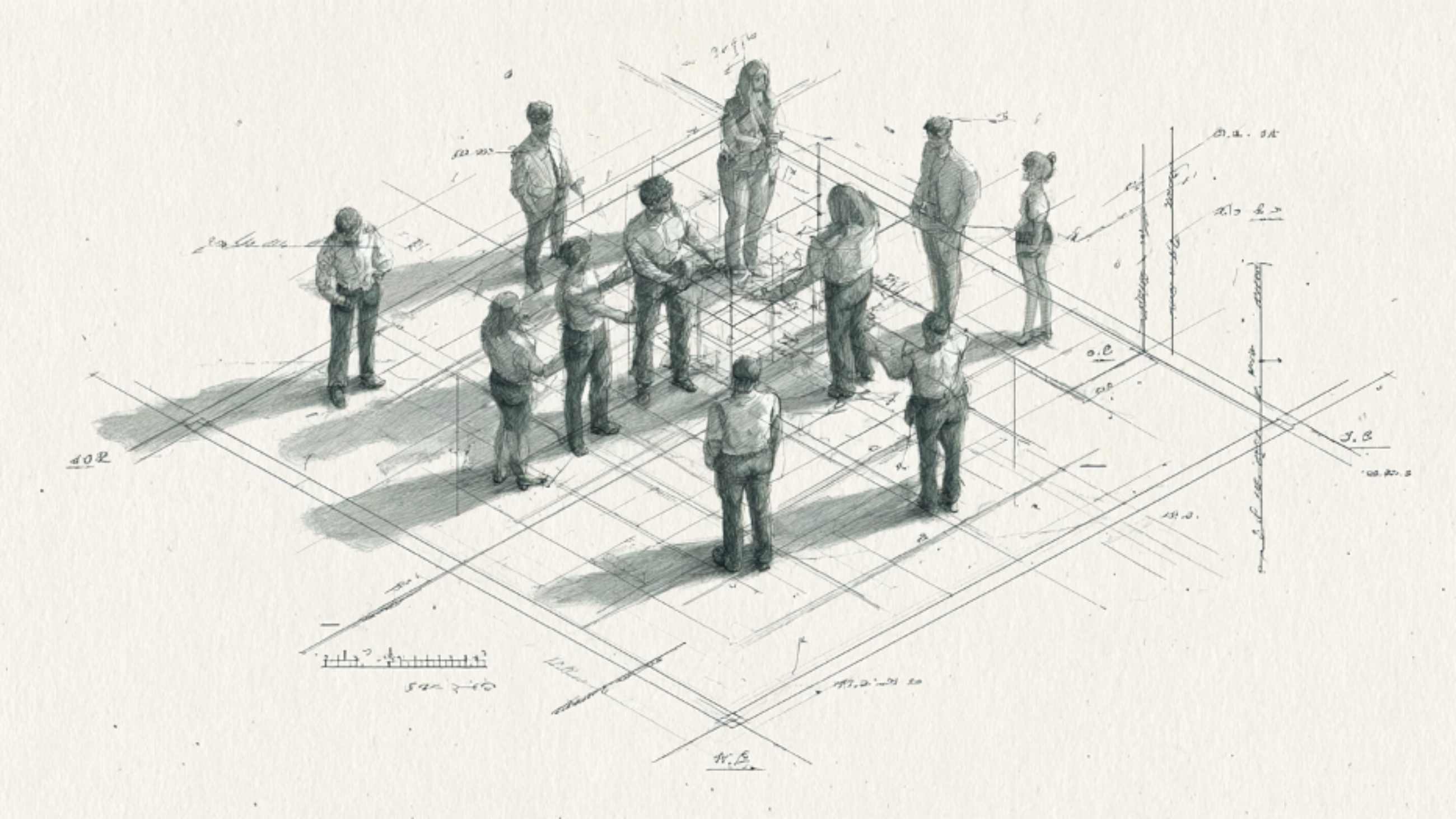The ERP is one of the most ubiquitous but universally disliked pieces of software. While ERPs power the financial nervous system of nearly every business, most feel like they were built for a different era. Incumbent, monolithic systems like NetSuite continue to lead the market, despite being costly to implement, rigid to customize, and slow to evolve. As a consequence, over the past decade, we’ve seen an unbundling of the ERP with modern, best-of-breed tools emerging in core ERP functional areas like procurement, FP&A, billing, and more to better serve the Office of the CFO. Yet the general ledger—the core system of record that underpins the rest of the financial infrastructure and the most widely adopted by companies—has remained largely untouched. With finance teams often operating globally from day one and under pressure to do more with less, legacy systems are struggling to keep up.
We think what’s needed is not an incremental fix, but rather a fundamental rebuild: modular, intelligent systems that integrate deeply into the modern finance stack and deliver value in days, not quarters.
Rillet is reimagining what an ERP should be, and that’s why we’re thrilled to announce our partnership, co-leading Rillet’s Series B alongside a16z.
At its core is a programmable, AI-native general ledger that automates critical workflows around close, reconciliations, and reporting. It can handle complexity with ease, supporting multi-currency and multi-entity consolidation, advanced revenue recognition, and audit-readiness, while maximizing speed, configurability, and control.
Rillet combines a robust accounting engine (data syntax, architecture, and logic) with an AI-powered automation layer, intuitive UI, and deep native integrations so finance teams can utilize best-of-breed tools and drive automation across key processes. From our conversations with dozens of customers, the excitement and advocacy were palpable – from the depth and power of the product and its ability to handle nuanced and sophisticated customers, to its deep customer empathy and ability to truly embed automation across the platform, to its seamless implementation. Many described Rillet as a welcome change from the complex rollouts, brittle workflows, and repetitive manual tasks that are regarded as status quo today.
Looking ahead, Rillet continues to push the boundaries on product, moving from automation to agentic workflows. Agents are already live for tasks like accruals, audit prep, and flux analysis, marking a shift from being purely a system of record to becoming a system of actions.
Since emerging from stealth in 2024, Rillet has grown to serve over 200 customers, doubled ARR quarter-over-quarter, and gained traction with high-growth businesses including Postscript, Decagon, and Windsurf. Furthermore, we not only heard stories of Rillet acquiring customers as they outgrew QuickBooks and Xero, but also scaling customers with over $100M of ARR and motivating businesses to switch from entrenched incumbent ERPs, a feat that has long felt out of reach in this space.
We first met CEO Nicolas Kopp and CTO Stelios Modes over a year ago and have been consistently impressed by their clarity, execution, and customer obsession. We believe their product instincts are grounded in genuine empathy for the finance user, shaped in part by their time building core banking infrastructure at N26. That same discipline is now reflected in Rillet’s product DNA across the broader team: built by accountants, for accountants, with an unrelenting focus on trust and usability.
At ICONIQ, we’ve been fortunate to partner with several companies transforming the Office of the CFO—like Blackline, Coupa, FloQast, Pigment, Ramp, and Vic.ai. In every case, the key drivers of success have been a maniacal focus on the voice of the customer and a deep understanding of end-user workflows, coupled with high product velocity. We believe Rillet embodies these same qualities.
We look forward to working closely with Nic, Stelios, and the entire Rillet team as they work to rebuild the backbone of the financial ERP and bring it into the AI era.
Published:
August 6, 2025





.jpg)
